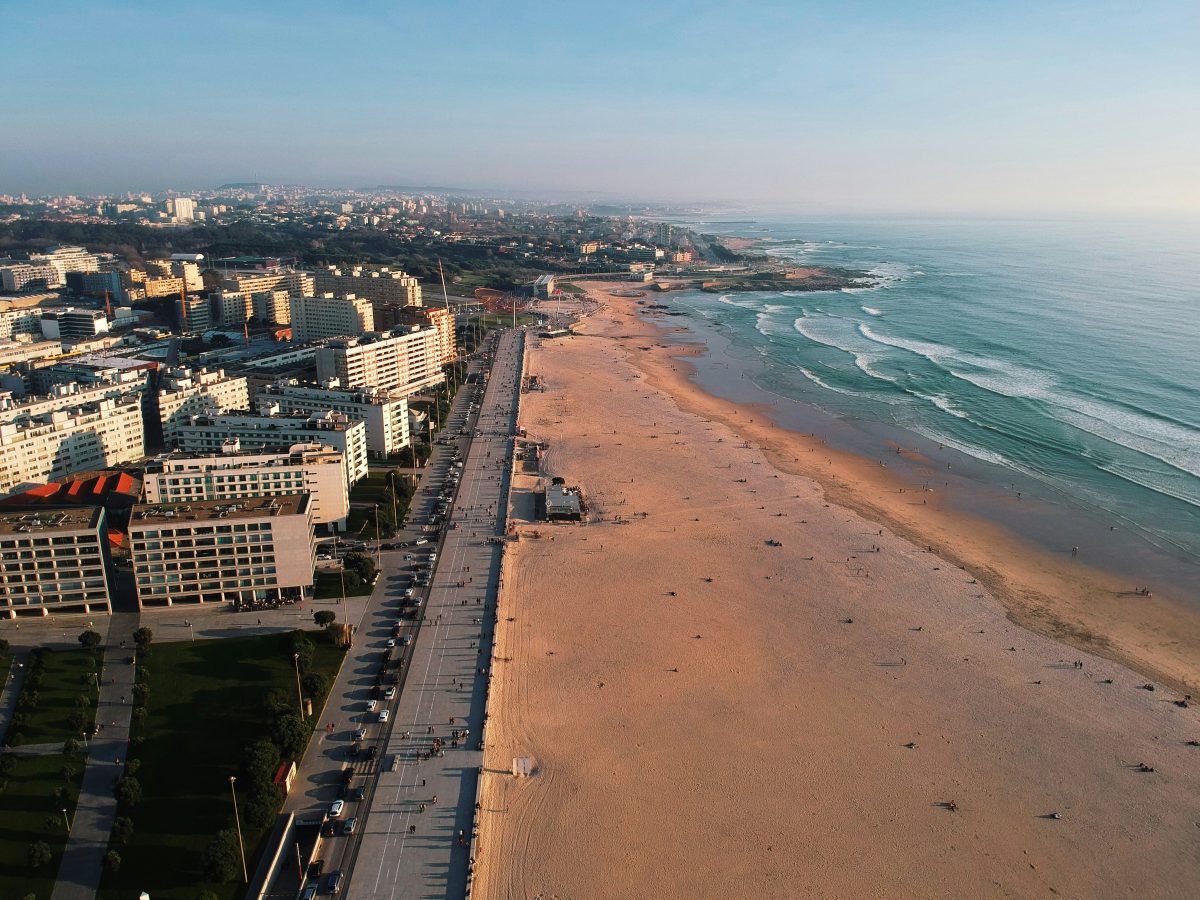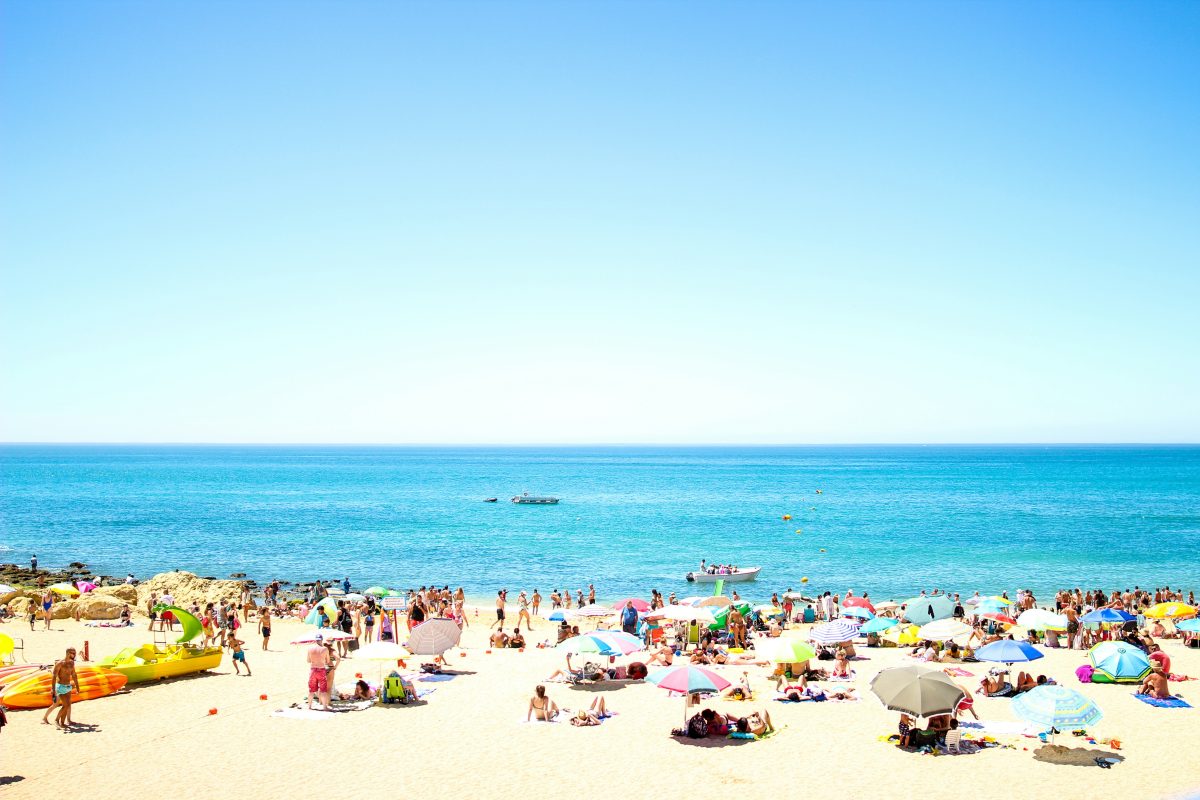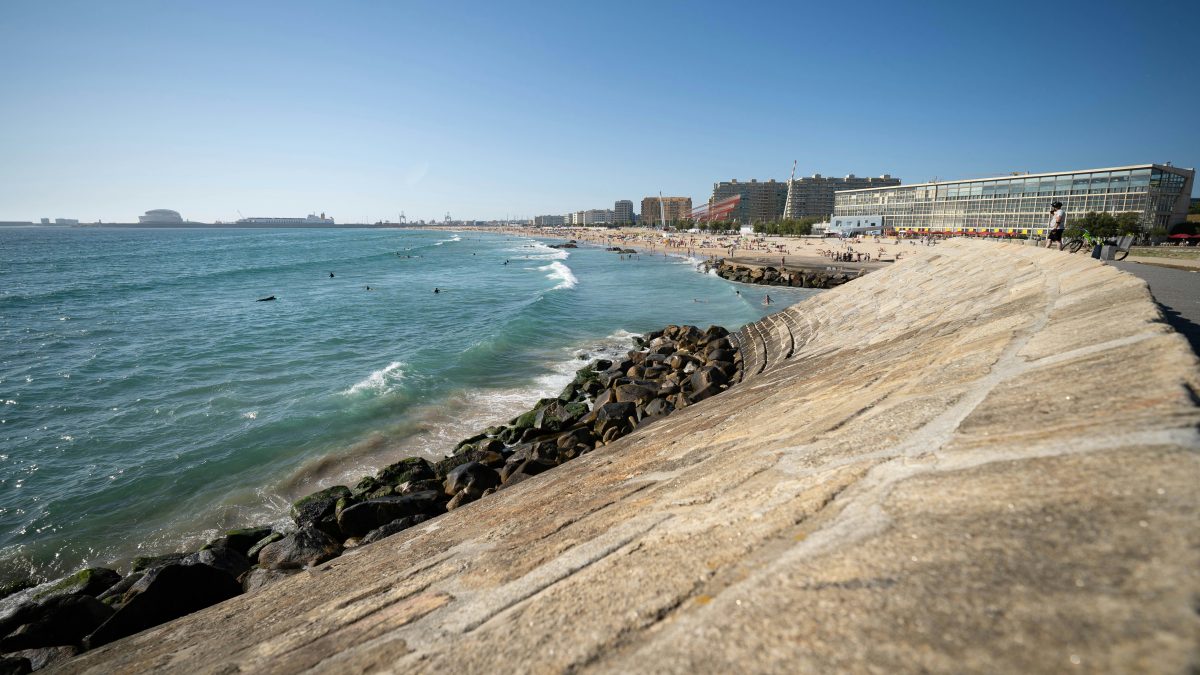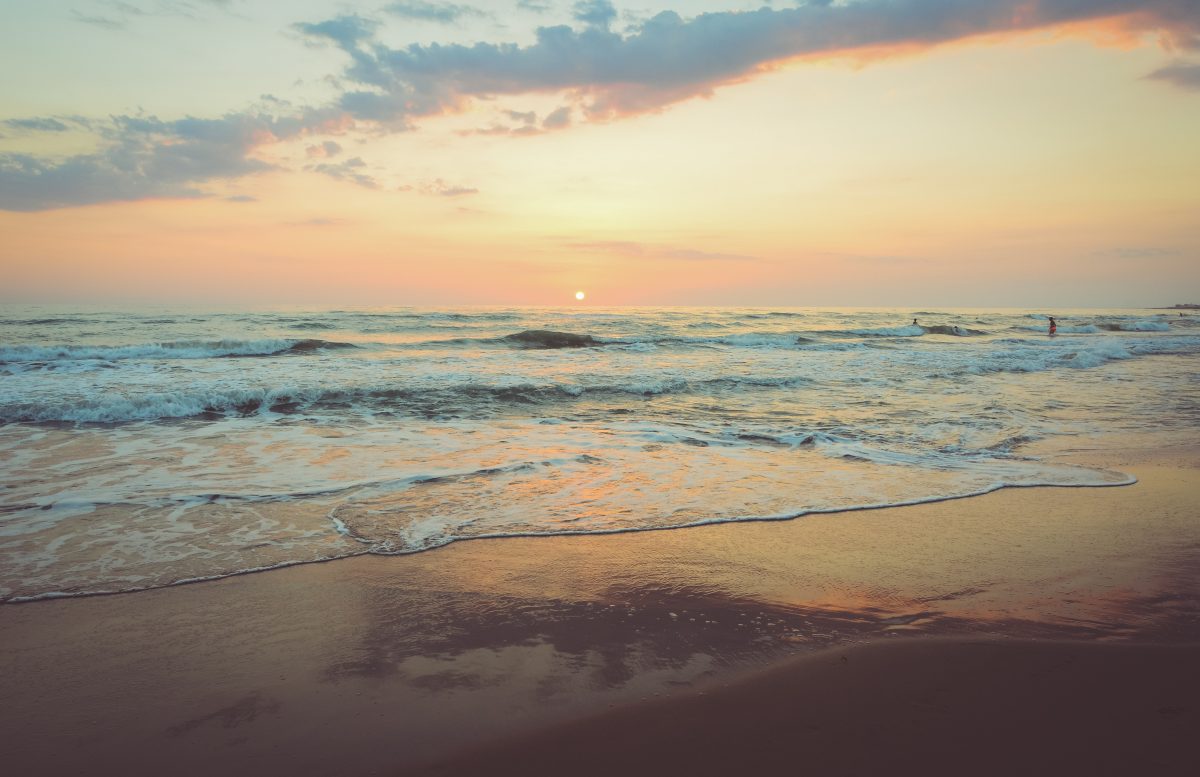At Matosinhos Beach, a warning system providing real-time information on water quality will be tested during the summer. The project, funded by European funds, is coordinated by a team of researchers from the Instituto de Ciências Biomédicas Abel Salazar (ICBAS) of the University of Porto.
Throughout the entire tidal cycle, a laboratory set up by the seaside will filter and incubate water samples collected at Matosinhos Beach every 30 minutes. The aim is to carry out microbiological analysis by measuring various parameters.
Read the full article here.
Source: SIC notícias; Image: Unsplash.





